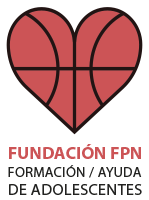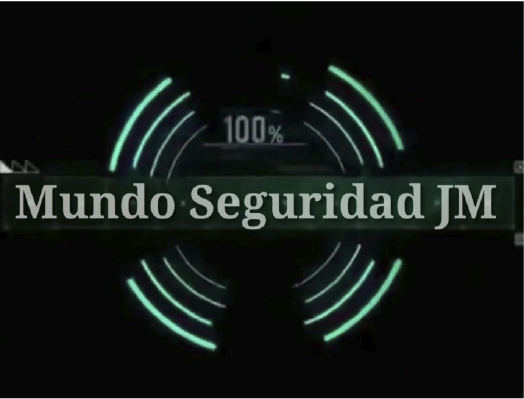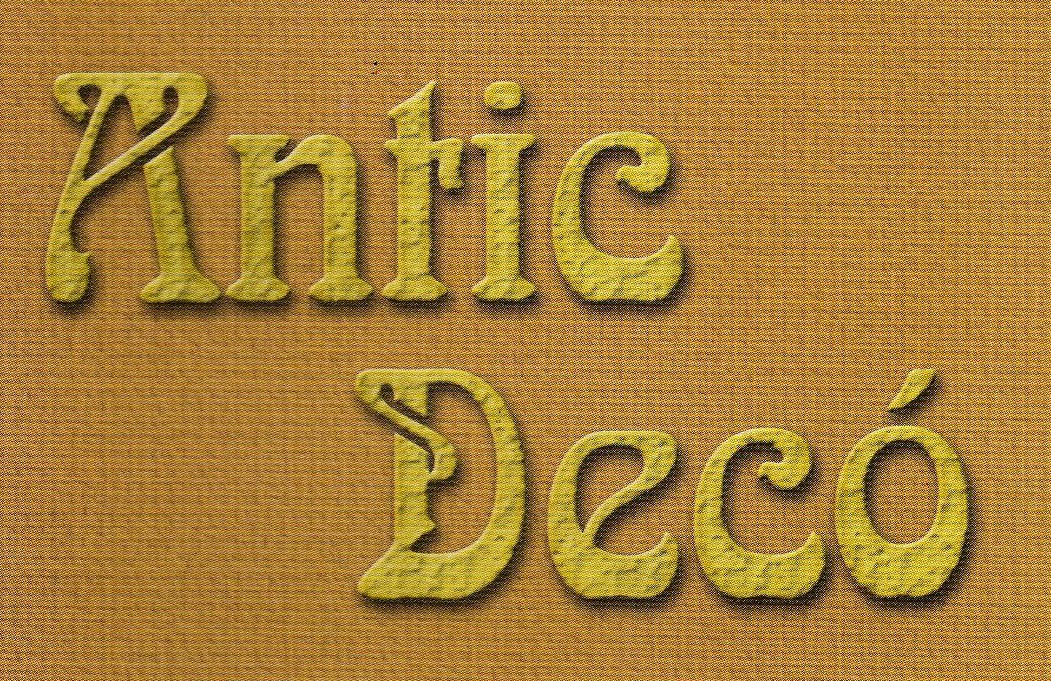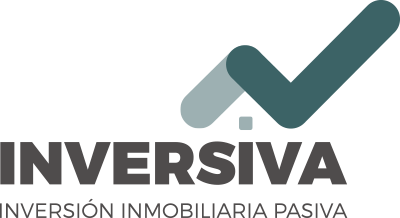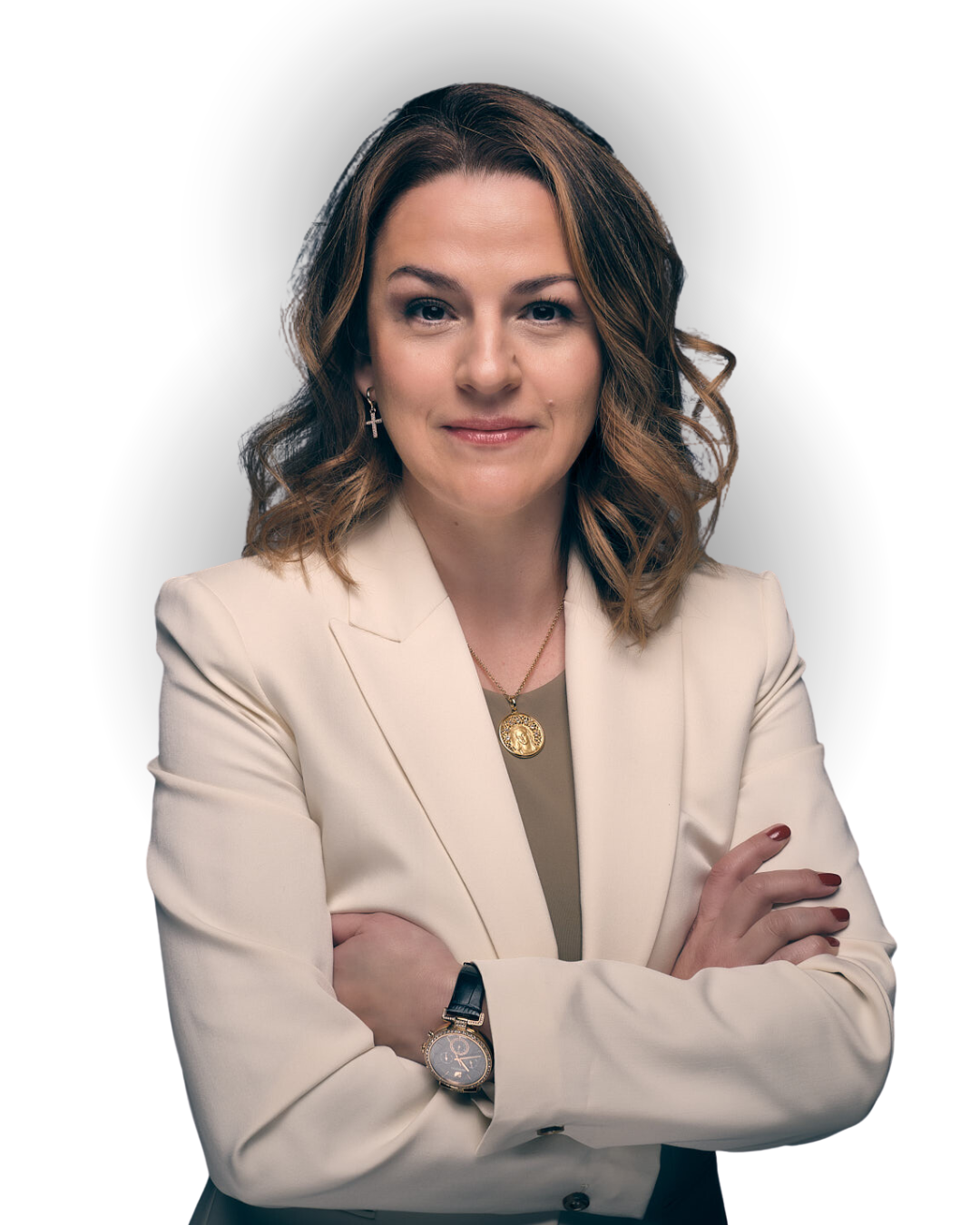Reflections on sports law: Sport and economy

Sport is provided for in the Spanish Constitution in art. 43.3 CE within the guiding principles of social and economic policy. Specifically, it states «The public authorities will promote health education, physical education and sports. They also encourage the proper use of leisure". Right in the art. 43.1 CE recognizes the right to health. From a careful reading of these precepts we come to the conclusion that health is a protected right, but in any case the public powers are responsible for protecting health and also promoting sport, sport being an activity linked to health, but also with economic connotations, since high-performance and professional sport, without a doubt, is a job and the right to work in art. 35 CE is another fundamental right.
When the Higher Sports Council, instead of protecting the right to health at the hands of the Ministry of Health, on April 30, 2020, decides to forget that on April 28, 2020, the Council of Ministers approved the DE-ESCALATION PLAN to To leave the State of Alarm in search of normality, without a doubt, the Higher Sports Council invaded the powers of the Ministry of Health and in a certain way disobeyed the DE-ESCALATION PLAN published 2 days before. Different federations that manage non-professional competitions made the decisions they deemed pertinent, but without a doubt, the RFEF is the worst of all the federations that has managed this situation, since, as is known, the competitions that the RFEF manages and organizes can be considered from theoretical point of view as non-professionals, but the reality is that the economic activity of the Second Division B category with 80 teams (many of them in the form of S.A.D., and as many as 25% being subsidiaries of 1st Division teams and 2nd divisions of the LNFP, that is, being professional entities that are also S.A.D., and many other clubs with very high budgets). Nor can we lose sight of the federal regulatory requirement that at least 10 players be professionals per squad of the 22 players who must have a file, which places us «de facto» in that the category of the Second Division «B», without a doubt It is a professional category. In addition, the players are represented by unions (AFE or FUTBOLISTAS ON) and there is a Mixed Commission between AFE-RFEF to analyze possible breaches of a collective labor agreement. That is to say, the scenario of the Second Division "B" is that of a clearly professional competition, whose prize is promotion to the Second Division "A", which is already considered a professional category without any type of doubt. But from a legal point of view, the players in both categories are protected by RD 1006/1985, for professional athletes, and the clubs and SAD for which they work are professional entities that have extremely high budgets, and in the case of the 4 clubs o SAD, which the previous year were relegated from Second Division A, even received financial aid from the LNFP of several hundred thousand euros (this year they were GIMNÁSTIC DE TARRAGONA, CÓRDOBA and RAYO MAJADAHONDA). In short, when RFEF has continued to consider the Second Division "B" as a non-professional category, and decides on May 8, 2020 that the regular competition will not resume, without a doubt, it did so by ignoring the basic economic guiding principles that must be taken into account when analyzing whether we are facing a professional competition or not. In fact, the Sports Law itself in its art. 46.2 recognizes two clear parameters that the CSD must take into account to assess whether a competition is professional or not "among others, the existence of employment links between clubs and athletes and the importance and economic dimension of the competition."
Undoubtedly, there is a clear link between sport and economy, which is when sport has professional connotations between clubs and athletes, and hence the current scenario proposed in the Second Division "B" competition, which will only be played by 16 teams and not by the 80 total, and that the regular league has been terminated, but nevertheless the promotion competition will be disputed, it involves a series of clearly discriminatory scenarios since it has not treated all the clubs or all the same the workers of the clubs, and especially the 16 that will have the possibility of playing the promotion playoffs are rewarded, but it is also preceded by another 16 teams that due to sporting dynamics could have ended up being relegated to the 3rd Division, and on the other hand, clearly punishes and discriminates against those classified between 5th and 16th position. Undoubtedly, too many open fronts in these questionable actions carried out by both the CSD and the RFEF, which will give a lot to talk about.
COLLABORATORS / SPONSORS

SPECIALIST LEGAL SERVICES FOR FOREIGN ATHLETES: IMMIGRATION AND NATIONALITY
Carolina Morales López
Lawyer
Whatsapp: 679 528 568
Email: carolinamoraleslopez@icab.cat



